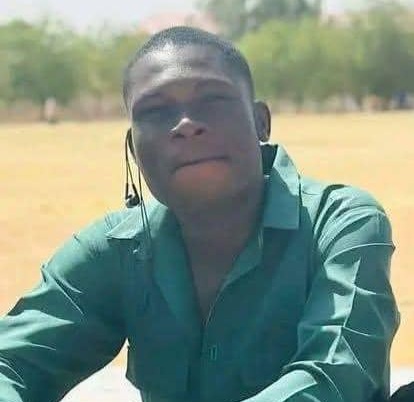The Ministry of Finance Incorporated (MOFI) Real Estate Investment Fund (MREIF) has earmarked a N1 trillion government-backed initiative designed to provide long-term, low-cost mortgage financing for homebuyers and developers in Nigeria.
The fund aims to address Nigeria’s housing deficit and create a more accessible and sustainable homeownership system. Nigeria faces a housing deficit of over 20 million units, leaving millions without adequate shelter.
According to Mr. Biyi Adekunle, Business Development Manager at ARM, MREIF is a government-backed mortgage financing initiative designed to provide Nigerians with affordable homeownership options through long-term, low-cost mortgages. Nigerians who are salaried workers, self-employed professionals, or part of the diaspora with verifiable income sources are eligible.
Adekunle said that MREIF provides low-interest, long-term mortgages up to 20 years, which could be funded through a public-private partnership, with the Federal Government ensuring stability. He said that the Fund allows pension-backed mortgage options to ease homeownership that is open to eligible Nigerians across all geopolitical zones. He said that it is designed to be transparent, efficient, and accessible to salaried employees (private & public sector). It is also open to self-employed individuals meeting the income and creditworthiness criteria and Nigerians in the diaspora looking to invest in homeownership.
“Nigeria faces a housing deficit of over 20 million units, leaving millions without adequate shelter, with the traditional mortgage rates being too high to make homeownership unattainable for many Nigerians. The government’s intervention through MREIF is a game-changer, bridging the affordability gap. Unlike traditional mortgage schemes, MREIF offers subsidized long-term loans backed by public-private sector collaboration to ensure sustainability and scalability. MREIF integrates pension-backed mortgage financing, making homeownership easier,” he stated.
Adekunle said that the fund works in series, with Series 1 (N150 billion) being fully funded by the Federal Government to drive homeownership among first-time buyers. Series 2 (N100 billion) is open to private sector investors to expand funding for affordable housing for middle-income Nigerians, salaried workers, self-employed professionals, and diaspora investors.
In his contribution, Mr. Wale Odubole, one of the speakers at the meeting, noted that President Tinubu’s administration has emphasized the importance of homeownership as a pillar of economic empowerment. He noted that by funding real estate development, MREIF will stimulate the construction industry and create thousands of jobs. “MREIF provides long-term financing solutions to enable more Nigerians to own homes.
This initiative aligns with Tinubu’s strategy to leverage private sector efficiency in delivering sustainable housing solutions.
He said that the Federal Government always provides initial funding and policy support, ensuring stability, while the financial institutions, developers, and investors contribute capital as the private sector is the driver to ensure scalability and efficiency. “The model ensures risk-sharing, leveraging the strengths of both sectors as mutual benefits are the hallmark. The public-private structure ensures that MREIF remains operational beyond government funding, continuously expanding homeownership opportunities.
According to Mr. Odubole, there are four steps for those who intend to apply. “Step 1: Submit an Expression of Interest (EOI) form via the MREIF portal; Step 2: Complete verification and financial assessment. Step 3: Get approved for a mortgage and select a home. Step 4: Final approval and disbursement of mortgage funds. MREIF features a range of affordable housing units across Nigeria, developed in partnership with trusted real estate developers. MREIF mortgages are structured with long-term repayment plans of up to 20 years. Nigerians abroad can access MREIF mortgages, provided they meet the eligibility criteria,” he noted.




 2 days ago
23
2 days ago
23








 English (US) ·
English (US) ·